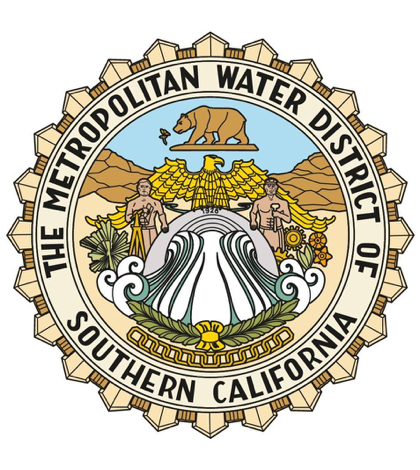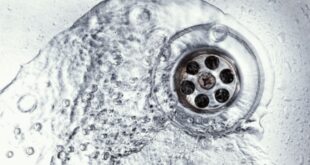The Board of Director for the Metropolitan Water District of Southern California voted earlier this week to award a $13.9 million contract for the construction of an advanced water treatment demonstration facility that will take treated wastewater and purify it through various advanced processes to produce a safe, high-quality water source to replenish the region’s groundwater basins. The decision represents a substantial step forward potential development of what would be one of the world’s largest water recycling programs.
“This is a great opportunity for Metropolitan to develop a new source of local water,” Metropolitan board Chairman Randy Record said. “Though last winter brought record rain and snow to many parts of California, our water supply challenges remain. We face a future that will bring more drought years, compounded by uncertainties from climate change and variability of imported water supplies. Recycled water would provide us a reliable, drought-proof, climate-resilient, local supply to recharge groundwater basins and supply the needs of the region’s growing economy, even in dry years.”
Through the Regional Recycled Water Program, Metropolitan would take upwards of 500,00 gallons per day wastewater, treated at the Sanitation Districts’ Joint Water Pollution Control Plant in Carson and purify it using reverse osmosis and other processes at the demonstration facility. Currently, this water is treated and discharged into the ocean.
Although these advanced and proven treatment technologies have been used for decades in California and across the globe, and produce high-quality water that meets all state and federal standards, Metropolitan is also studying a way to increase efficiency using membrane bioreactor processes. The demonstration plant will help refine this innovative treatment process and assist with the regulatory approval for a full-scale plant.
“We are excited about this important first step toward the potential full-scale Regional Recycled Water Program,” said Grace Hyde, chief engineer and general manager of the Sanitation Districts. “The program would enable cost-effective recycling of our largest untapped source of treated wastewater and let us play a bigger role in helping the region’s communities to reliably meet their future water needs.”
The demonstration facility, costing an estimated $17 million including design costs, is scheduled to be operational for at least one year in order to generate the information needed for the potential construction of a full-scale recycled water plant as proposed by Metropolitan and the Sanitation Districts of Los Angeles County. The facility will also allow for further assessment of the economic viability of a full-scale program, provide opportunities for public outreach and produce other data that can be used in the decision-making process for the future design, operation and optimization of a full-scale program.
The full-scale program, as envisioned, would produce and distribute up to 150 million gallons of purified water per day to groundwater basins, enough water to serve more than 335,000 homes. Feasibility studies completed in late-2016 estimate the full program would cost approximately $2.7 billion to build. Annual operations and maintenance costs for this program are estimated at about $129 million. Based on those estimates, water produced by the program would cost about $1,600 an acre-foot, which is comparable to other new local supplies.
Under a full-scale program, the purified water would be pumped from the Carson treatment facility through a new regional pipeline network to four groundwater basins in Los Angeles and Orange counties, allowing for additional natural filtration and storage. Those basins, which provide water for 7.2 million people, are currently recharged with local rainwater, water imported from the Colorado River and Northern California and, in some cases, recycled water. The completed full-scale advanced water treatment facility is anticipated to take approximately 11 years to design and build.
For now, Metropolitan General Manager Jeffrey Kightlinger said of the demonstration facility, “This facility will be key to demonstrating the effectiveness of a state-of-the-art optimized treatment process and generate valuable information to ensure the success of any full-scale program.”
 California Water News Daily Your Source For Water News in California
California Water News Daily Your Source For Water News in California


